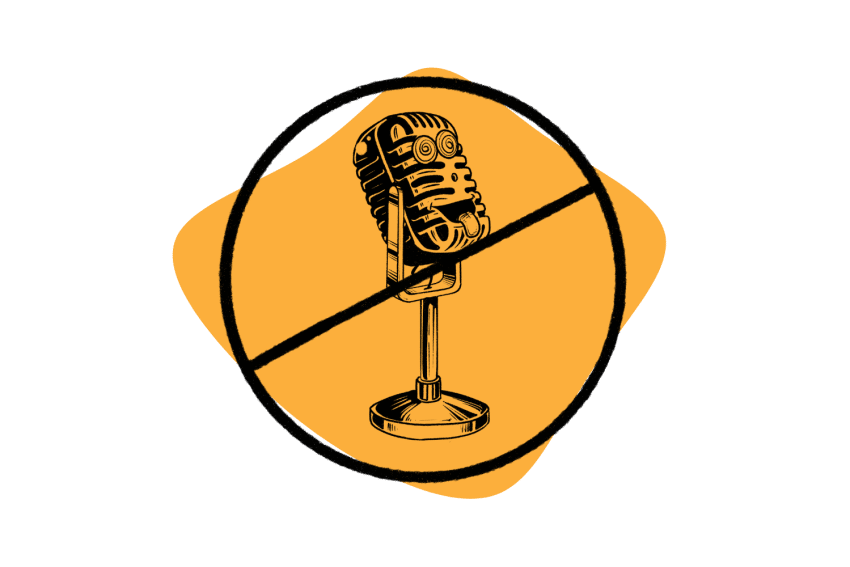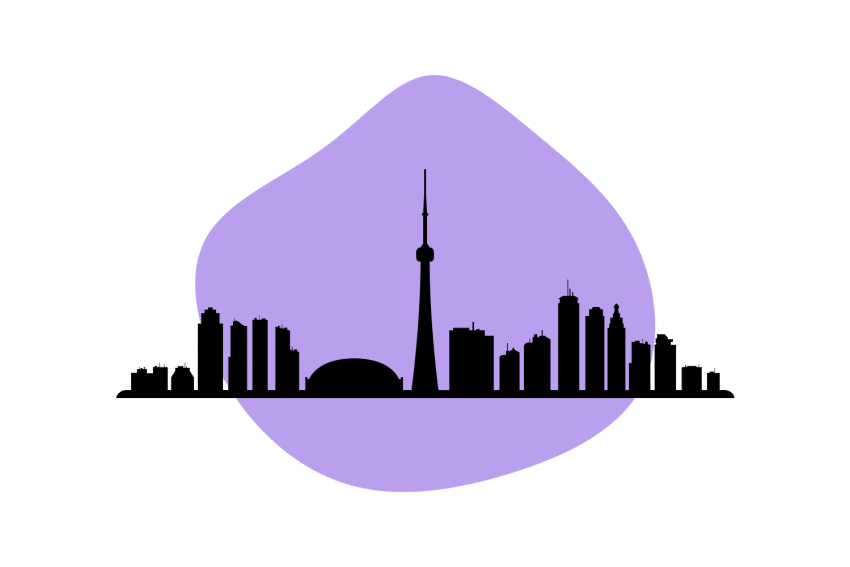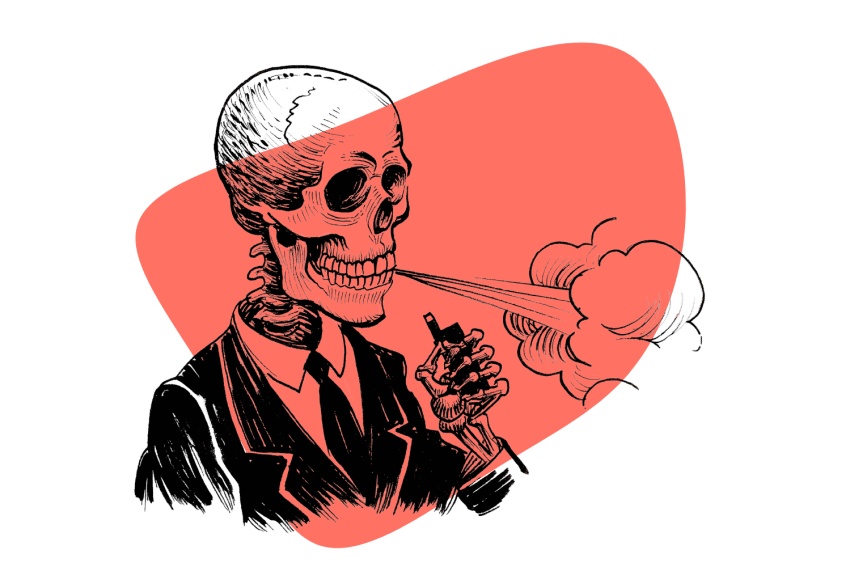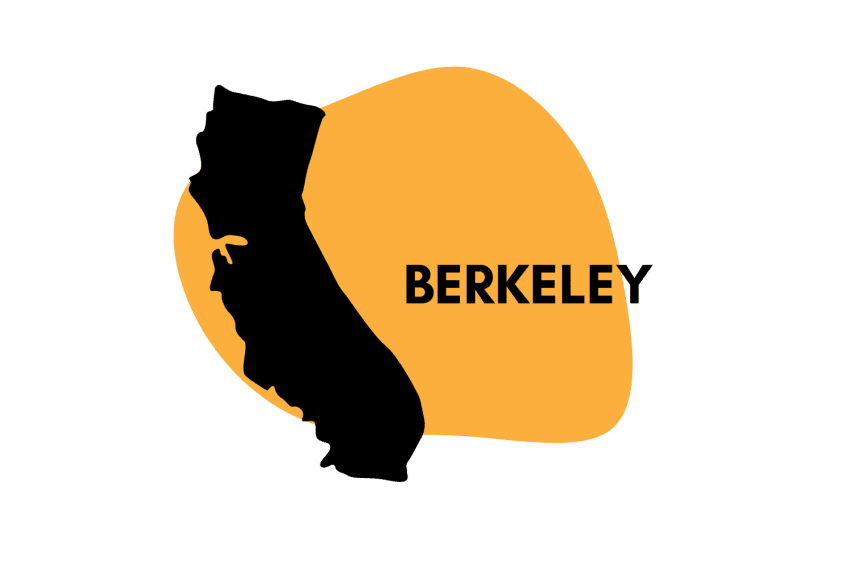Australia Green-Lights MDMA, Psilocybin for Treatment of PTSD & Depression
To everybody’s surprise, the Therapeutic Goods Administration (TGA) moves to legalize psychedelic-assisted therapy.

Australia’s Therapeutic Goods Administration (TGA) has reversed its December 2021 interim decision not to reschedule MDMA and psilocybin for medical use.
The reversal comes after feedback from the public sought by the TGA in late 2022 revealed that the overwhelming majority of Australians wanted MDMA and psilocybin rescheduled for medical use. Of the nearly 7,000 responses, almost 75% expressed a desire to see the measure passed.
In February 2023, the TGA reversed its decision, and Australia became the first country to legalize psychedelics for therapeutic use.
Here, we elaborate on which psychedelics are legal, the specific uses they have been legalized for, who can administer the therapy, and the qualifications for treatment. We will also take a look at the future of psychedelics.
Related: What’s the Current Status of Decriminalization in Australia?
The Road to Medical Approval for MDMA, Psilocybin
In September 2020, Mind Medicine Australia (MMA) led the way in an effort by psychiatrists, psychologists, pharmacologists, researchers, and other medical practitioners to have the Therapeutic Goods Administration (TGA) reschedule MDMA and psilocybin for medical use.
Mind Medicine Australia is a registered charity whose mission is “to help alleviate the suffering and suicides caused by mental illness in Australia through expanding the treatment options available to medical practitioners and their patients.”
The changes proposed by the MMA application do not address the recreational use of the drugs.
MDMA (3,4-methylenedioxy-methamphetamine) is a central nervous system stimulant that causes the release of dopamine, the brain chemical associated with pleasure and reward. MDMA-assisted psychotherapy has proven to be effective in treating patients with PTSD [1].
Psilocybin, the psychoactive agent in “magic mushrooms, is a naturally-occurring compound found in over 200 species of plants, fungi, and some animals. Clinical trials have shown it to be effective in treating major depression.

Reschedule Would Be for Medical Use Only
At the time of the first MMA application, MDMA and psilocybin were Schedule 9 drugs.
In Australia, Schedule 9 drugs are “substances and preparations which, by law, may only be used for research purposes. The sale, distribution, use, and manufacture of such substances are strictly prohibited under the law.”
The purpose of the MMA application was to have the TGA reschedule MDMA and psilocybin from Schedule 9 to Schedule 8 on Australia’s Standard for the Uniform Scheduling of Medicines and Poisons (SUSMP). This rescheduling would classify them as “controlled substances.”
The TGA definition of a controlled substance is: “Medicines or chemicals which have special rules for producing, supplying, distributing, owning and using them. These medicines may only be prescribed by an authorized healthcare professional who will need a special prescribing permit.”
According to MMA, the rescheduling would allow psychiatrists and addiction specialists to “more easily access these medicines to augment therapy for patients suffering from key mental illnesses such as depression and PTSD.”
“The rescheduling of these medicines will help to expand the treatment paradigm for mental illnesses in this country,” said Peter Hunt, Chairman of MMA and a member of the Order of Australia.
TGA Rejects Application
Despite over 1,000 submissions of support — and only 22 in opposition — by the public and professionals alike, in December 2021, the TGA rejected the application to reschedule MDMA and psilocybin.
The following reasons were given for the refusal to move them from Schedule 9 to Schedule 8:
1. Psilocybin poses a “high danger for both acute and long-term effects if abused or misused outside of strictly controlled medical and scientific research settings.”
2. The “poor quality” of the studies cited in the application.
3. Although the research is promising, either drug’s “therapeutic value” has not been established.
4. The limited evidence of the benefit of the drugs is outweighed by the risks to patients and the general public from the increased availability of MDMA and psilocybin that would come with rescheduling them.
In its rejection of the application, the TGA did acknowledge that “MDMA and psilocybin may show promise in highly selected populations but only where these medicines are administered in closely clinically supervised settings and with intensive professional support.”
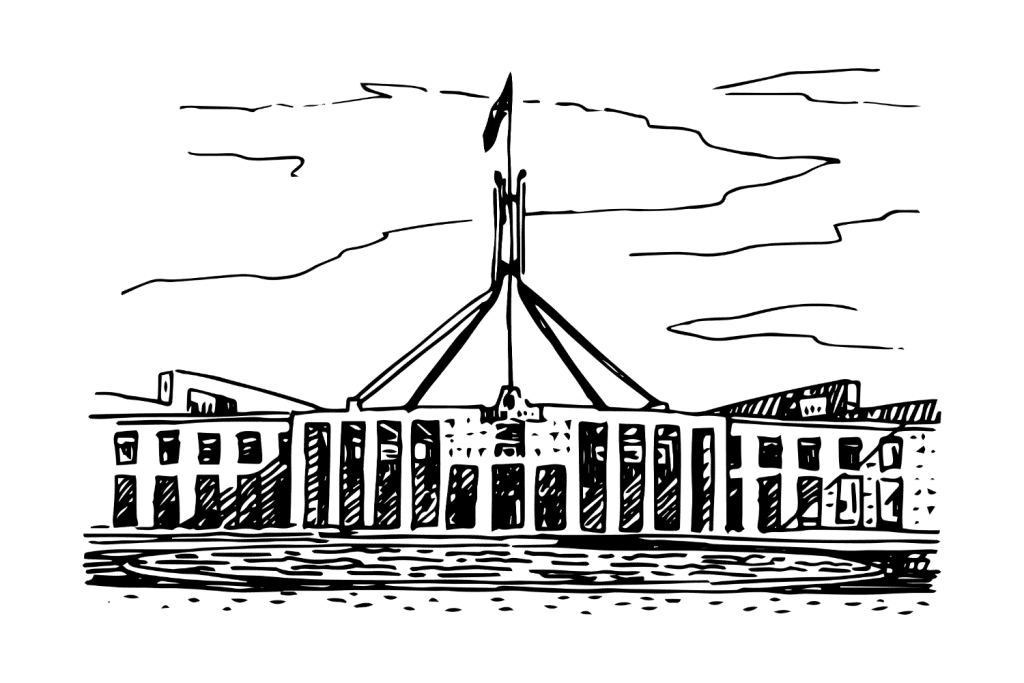
Rejection Only a Setback, Not a Defeat
Mind Medicine Australia (MMA) Chairman Peter Hunt says his group was very disappointed with the rejection. He said what was particularly upsetting was that a TGA Independent Expert Panel “had come back very clearly and said, on the basis of the clinical evidence from psilocybin and MDMA-assisted therapy trials, that they are safe, and they are showing high efficacy rates when they are done in medically controlled environments.”
Overwhelming Support, Concessions Highlight Second Effort
Hunt’s group wasted no time resubmitting its rescheduling application to the TGA. The application, submitted in March 2022, had the support of nearly 75% of the country.
In addition to the overwhelming support, the new application directly addressed issues raised in the TGA rejection in December 2021. Hunt said that the issues raised by the TGA had been carefully noted. “In particular, we are applying for a much more restrictive rescheduling of these substances when used in conjunction with psychotherapy in medically controlled environments,” he said.
Executive Director of MMA Tania de Jong AM echoed the chairman’s sentiment about the restrictive nature of the rescheduling application. “We have deliberately made access to these therapies highly restrictive so that we can give the TGA and the Delegate comfort that these therapies will only be used safely and effectively in controlled environments and all risks can be properly managed,” she said.
TGA Reverses Decision, Legalizes MDMA & Psilocybin
When MMA submitted its initial application to reschedule MDMA and psilocybin for medical use in September 2020, the TGA received just over 1,000 submissions supporting the application. When MMA resubmitted it in March 2022, the TGA received almost 7,000 responses, nearly 75% supporting the application.
In February 2023, the TGA declared that “the Delegate has made final decisions to vary the interim decisions and amend the current Poisons Standard in relation to both psilocybin and MDMA.”
According to the TGA delegate, a senior medical officer, rescheduling the drugs will “allow expanded access to the substances outside of clinical trials…The benefits to patients and public health of my final decisions will therefore outweigh the risks.”
Medical Use Restricted To PTSD, Treatment-Resistant Depression
The TGA decision is very specific about the drugs rescheduled and their use. The only drugs rescheduled are MDMA and psilocybin. MDMA is to be used only for treating PTSD, and psilocybin is to be administered only for treatment-resistant depression.
Prescriptions & Treatment Will Be Strictly Controlled
The Therapeutic Goods Administration (TGA) has levied strict guidelines governing who can provide treatment and prescribe the medication when MDMA and psilocybin become legal for medical use in July 2023.
According to the TGA declaration, only psychiatrists with “specialized qualifications and expertise” in diagnosing and treating patients with serious mental health issues using therapies that are “not yet well established” will be allowed to treat patients with MDMA and psilocybin.
These psychiatrists will also have to be approved under the Authorized Prescriber Scheme by the TGA following approval by a human research ethics committee. The Authorized Prescriber Scheme allows authorized medical practitioners “to prescribe medications that are not included in the Australian Register of Therapeutic Goods to patients with specific medical conditions.” Very few of the less than 4,000 psychiatrists in the entire country qualify to administer the medications.
Steve McDonald, the co-founder of Psychedelic Research in Science and Medicine (PRISM), says the training will be a key issue since only a “very small handful” of psychiatrists currently train as psychedelic therapists.
McDonald also expressed concern over the lack of a curriculum model for training psychiatric therapists. “We’re trusting that the TGA will work with the industry and those who have the expertise to put all those pieces in place,” he said.
Who Will Be Eligible for Treatment?
The guidelines for receiving MDMA and psilocybin therapy are about as restrictive as the guidelines for administering it. According to the TGA, MDMA and psilocybin treatment for PTSD and depression will only be available to people with a verifiable history of other treatment options that have failed to improve their disorder.
Cost Could Be A “Serious Factor”
Professor Ian Hickie, Co-Director of Health and Policy at The University of Sydney’s Brain and Mind Centre, says that cost will be a “serious factor” for patients seeking MDMA and psilocybin therapy. “There’s a whole expensive therapeutic environment required,” Hickie said.
In Australia, depending on the treatment, psychiatrists are not covered or are only partially covered under the country’s Medicare program. A therapy session can cost from $200 to $600 per visit. A course of treatment could require several visits, so the out-of-pocket cost could be prohibitively expensive for some patients.
Proceed With Caution
Most medical and academic professionals in the country welcome the TGA’s decision to down-schedule MDMA and psilocybin.
However, Professor Susan Rossell, a cognitive neuropsychologist who has led Australia’s most extensive trial studying psilocybin for treatment-resistant depression, says she has some concerns about the decision. “These treatments are not well established at all for a sufficient level of broad-scale implementation,” she said. “We’ve got no data on long-term outcomes at all, so that worries me a lot,” she added.
Suresh Sundram, head of Monash University’s department of psychiatry, is part of several studies evaluating the use of psychedelics to treat mental health disorders. He also has problems with what he considers a premature decision. He said while current research shows “great potential” in the drugs, more evidence is needed to inform safe prescription guidelines.
Some Concerned Rescheduling Could Increase For-Profit Clinics
Another concern expressed by clinicians is that rescheduling MDMA and psilocybin could spur the growth of for-profit treatment centers. “There’s been a lot of political lobbying. There’s been a lot of commercial interest in this,” Hickie said.
Dr. Patrick McGorry, Professor of Youth Mental Health at the University of Melbourne, pulls no punches in expressing his opposition to the drugs’ rescheduling. “Can we be reassured that approval is not due to intense private lobbying/special pleading by a zealous private group?” he asked.
McGorry’s concern about profit motivation appears to be well-founded. Emyria Ltd., a clinical-stage biotech company, will likely benefit from the TGA decision to down-schedule MDMA and psilocybin. It is well-positioned to accelerate patient access to MDMA-assisted therapies. The company’s shares increased over 60% following the TGA decision to reschedule MDMA and psilocybin.

The Future of Psychedelics as Medicine is Promising
The need for alternative treatments for mental health disorders such as PTSD and treatment-resistant depression is growing exponentially worldwide. There are clinical trials worldwide looking into the efficacy of psychedelics as a treatment for many of these disorders [2].
Nathan Morehouse, Director of the Institute for Research in Sensing at the University of Cincinnati, says that psychedelics are overcoming the stigma attached to them during the “turn on, tune in, drop out” years. “The past five years have seen what people are describing as the Psychedelic Renaissance, with renewed public and medical interest in the use of natural and synthetic psychedelics for everything from smoking cessation to end-of-life care.”
Rick Doblin, executive director of the U.S.-based Multidisciplinary Association for Psychedelic Studies (MAPS), says that Australia’s decision to approve MDMA and psilocybin for medical use should be adopted in every country. “We hope that this announcement will encourage more international discussion and collaboration towards access to psychedelic therapies and comprehensive drug policy reform.”
References
- Reiff, C. M., Richman, E. E., Nemeroff, C. B., Carpenter, L. L., Widge, A. S., Rodriguez, C. I., … & Work Group on Biomarkers and Novel Treatments, a Division of the American Psychiatric Association Council of Research. (2020). Psychedelics and psychedelic-assisted psychotherapy. American Journal of Psychiatry, 177(5), 391-410.
- Tupper, K. W., Wood, E., Yensen, R., & Johnson, M. W. (2015). Psychedelic medicine: a re-emerging therapeutic paradigm. Cmaj, 187(14), 1054-1059.


